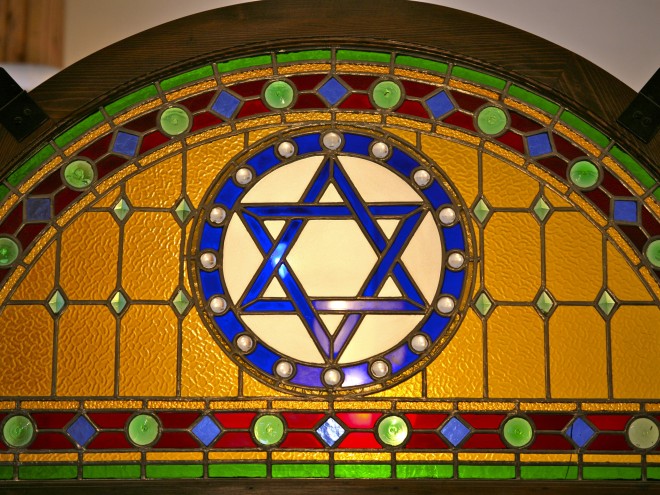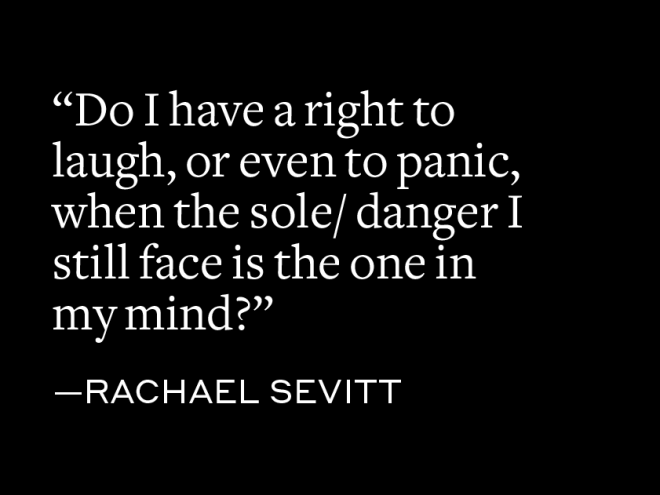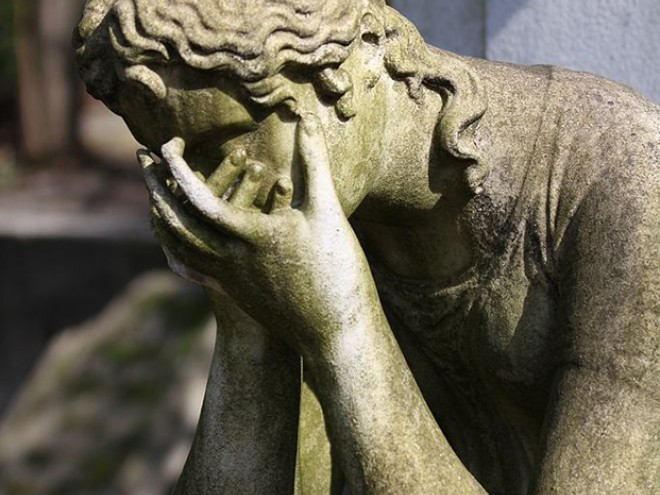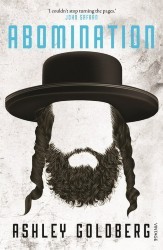More than eight thousand miles separate Israel from Australia, but the events of October 7, 2023 created a new reality for Jews living on the island continent. This is captured in a collection of thirty-six essays by as many different Australian women, each of whom reflects on how her own small world— her family and friendships, her work and professional opportunities, and her relationship to Israel and/or Judaism — changed in the aftermath of the attacks.
Contributors to Ruptured include public figures and established authors, but also a psychoanalyst, a human rights lawyer, a female rabbi, a food critic, and an Olympic medalist, among others. The women range in age, level of religious observance, and ethnic and cultural background. Some live in cities; others in small communities. And they write in very different styles. The result is a chorus of voices, not always harmonious and certainly not uniform, that allows for an ongoing dialogue between the different pieces and also with the reader.
In their essays, some of which take unconventional forms like the recreation of a police report or the script for a play, many of the writers wrestle with previously held beliefs. Others reassert their identity and their commitment to a way of life that encourages mutual responsibility. For many, there is fear, and a sense of persecution. As might be expected, references to the Holocaust abound — in the form of stories from surviving grandparents, or about echoes of photographs that seem to come to life. But so do references to rituals, such as those around food, which represent not just tradition and comfort, but also self-reliance and resilience.
Another common theme is a deep sense of being betrayed by the world at large and by those in their close circles, including friends and coworkers, fellow activists and scholars, and official institutions such as government offices and universities. As Lee Koffman says in a piece about how she was unable to write in the period following the attacks, “I lost faith in writing because I lost faith in writers.” Looking back, she realizes that the signs were there all along, a feeling echoed in several other essays in the book. This, however, did not make it sting less.
Still, Ruptured is a collection that not only documents the sense of disorientation and instability, but also the struggle to mend it. There are clear calls for recognizing our communal responsibility and stories of discovery or strengthening of connections to a common past, alongside a revived sense of solidarity amidst the chaos. There are also important questions about private vs. public personas, as well as dilemmas about what we’ll choose to transmit to the next generation.
Because the essays were written in the first year following the attacks and published in August 2025, Ruptured is not a comprehensive survey of the current experience of Australian Jewry or a historical analysis of the aftermath of October 7. But because it wrestles with complex issues and documents the specific ways in which October 7 rattled almost every aspect of the contributors’ lives, this book is both an important contribution to Jewish history and a thought-provoking read for anyone trying to make sense of their own shifting identities during these turbulent times.
Vivian Cohen-Leisorek is a Guatemalan-Israeli writer whose work has appeared in The Tel Aviv Review of Books, BusinessWeek Online, and Underground, and publishes a popular Substack diary about the October 7 War. She currently working on a memoir about her year volunteering with injured soldiers in Israel’s largest hospital.





